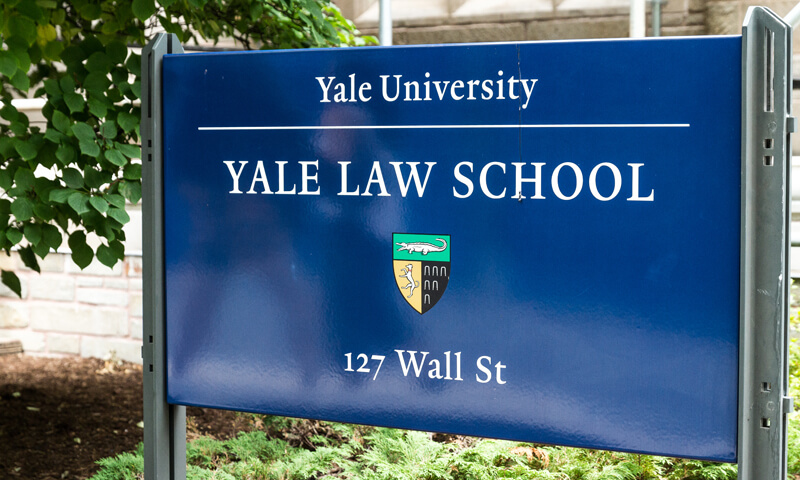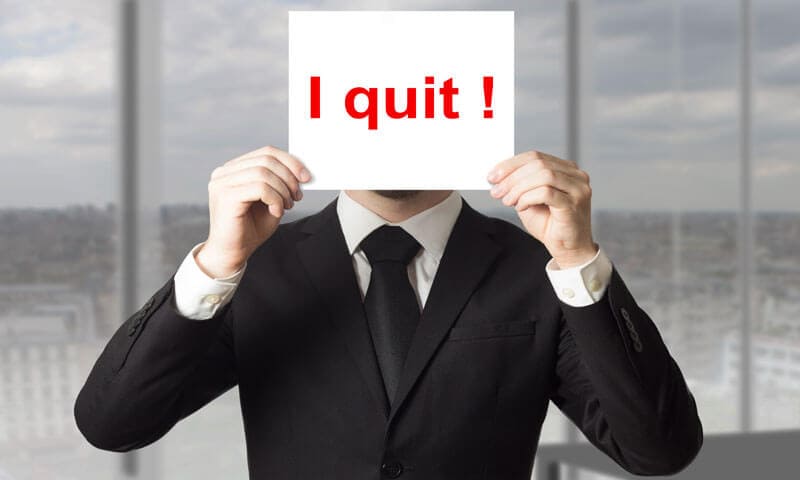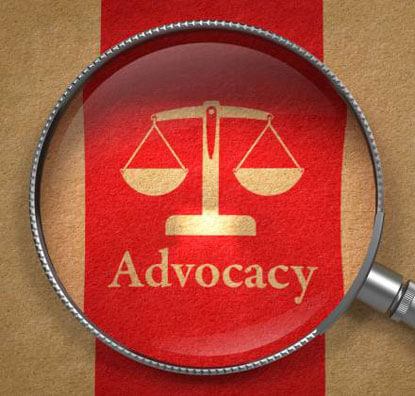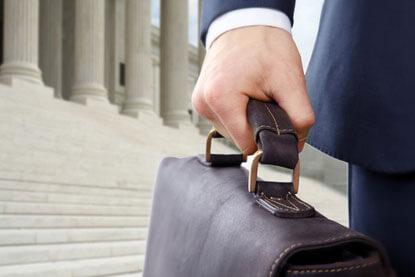A three-judge panel at the 11th U.S. Circuit Court of Appeals in Atlanta deliberated over whether a Florida law prohibiting mandatory workplace diversity training promoting progressive concepts infringes on employers’ free speech rights. The panel heard oral arguments in relation to Florida’s appeal against a judge’s ruling that had temporarily halted the law’s implementation pending the outcome of a lawsuit involving two small businesses and a consultant specializing in workplace training.
Dubbed the “Stop the Wrong to Our Kids and Employees Act” or the “Stop WOKE Act,” the law enacted in 2022 mandates that employers cannot enforce attendance at training sessions that advocate certain ideas. These ideas include the assertion that individuals possess inherent racist or sexist traits and that individuals should assume guilt for actions of others from their own race or gender. Advocates of the law contend that it safeguards employees’ individual freedoms and reduces instances of workplace discrimination.
Notably, several Republican-led states have enacted similar legislation aimed at discouraging companies from taking positions on various social issues such as gun control, climate change, and diversity.
John Ohlendorf, representing Florida, argued before the 11th Circuit panel that the judge’s ruling to block the law was mistaken in claiming that it violated employers’ free speech rights as protected by the First Amendment of the U.S. Constitution. Ohlendorf emphasized that employers remain free to endorse any perspective they choose; the law solely prevents the imposition of compulsory attendance.
Trust BCG Attorney Search to connect you with top legal employers in your area. Search now!
Circuit Judge Charles Wilson, however, questioned the argument, suggesting that a blanket ban on mandatory diversity training could be construed as regulating conduct rather than speech. In contrast, Florida’s law applies fines of up to $10,000 solely in specific instances when particular ideas are discussed. Wilson indicated that the core issue pertains to the content of speech rather than the conduct itself.
Ohlendorf, hailing from Cooper & Kirk in Washington D.C., cited the U.S. Supreme Court’s stance, highlighting that assessing speech content to identify prohibited conduct does not transgress constitutional boundaries.
During the proceedings, Circuit Judges Britt Grant and Andrew Brasher posed queries to both Ohlendorf and the plaintiff’s attorneys about the law’s impact on speech regulation. However, their inclinations remained uncertain.
Judge Grant exhibited skepticism regarding the plaintiff’s contention that the law is unconstitutionally vague, expressing that the differentiation between discussing opposing viewpoints and personal beliefs appeared clear.
The legal proceedings also involved Shalini Agarwal, representing the left-leaning nonprofit Protect Democracy, one of the plaintiff’s lawyers. Agarwal communicated to Judge Grant that the law’s language fails to establish a clear distinction between employers advocating for an idea and simply elucidating it. This ambiguity, Agarwal suggested, creates difficulty in discerning when a discussion constitutes an endorsement.
Previously, U.S. District Judge Mark Walker in Tallahassee had ruled that the law encroached upon employers’ free speech rights by targeting ideas rather than actions. He further blocked segments of the law that restricted conversations about race and gender in college classrooms following a lawsuit initiated by the American Civil Liberties Union (ACLU). Florida has subsequently appealed Walker’s decision to the 11th Circuit.
This ongoing legal debate raises pertinent questions about the delicate balance between regulating workplace discourse and preserving free speech rights. As Florida’s appeal progresses, it remains to be seen how the 11th Circuit will ultimately navigate the intricate intersection of speech, conduct, and regulation within the context of workplace diversity training.
Don’t be a silent ninja! Let us know your thoughts in the comment section below.
































